Prom 6: Der Rosenkavalier, LPO, Ticciati
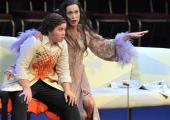
The Albert Hall may not be ideal for opera but Glyndebourne's latest visit fizzed with energy
If last year’s Ring cycle triumphantly proved that world-class opera can be done at the Albert Hall, this Rosenkavalier suggests that the less epic end of the repertoire isn’t such a sure thing. That is not to say that this performance was dud, far from it; rather that its few problems were venue related. Balance was the main issue, though Robin Ticciati did a great job of whipping the London Philharmonic Orchestra into a passionate frenzy in the Prelude and then taking things down a notch and keeping them there to avoid engulfing the voices.

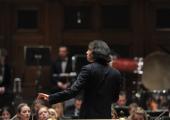





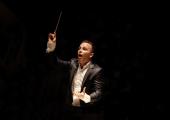
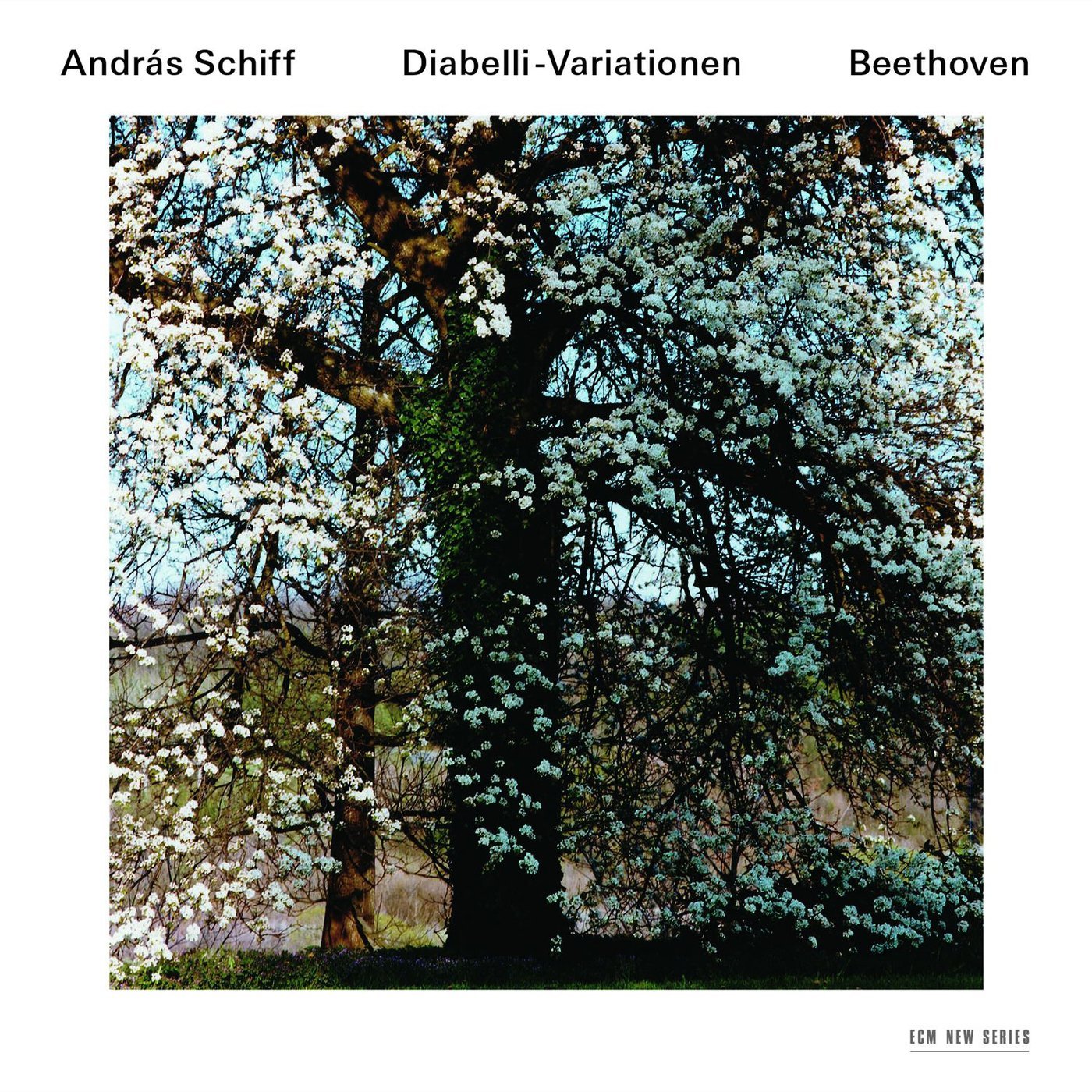 Beethoven: Diabelli Variations, Sonata no 32, Bagatelles András Schiff (piano and fortepiano) (ECM)
Beethoven: Diabelli Variations, Sonata no 32, Bagatelles András Schiff (piano and fortepiano) (ECM)
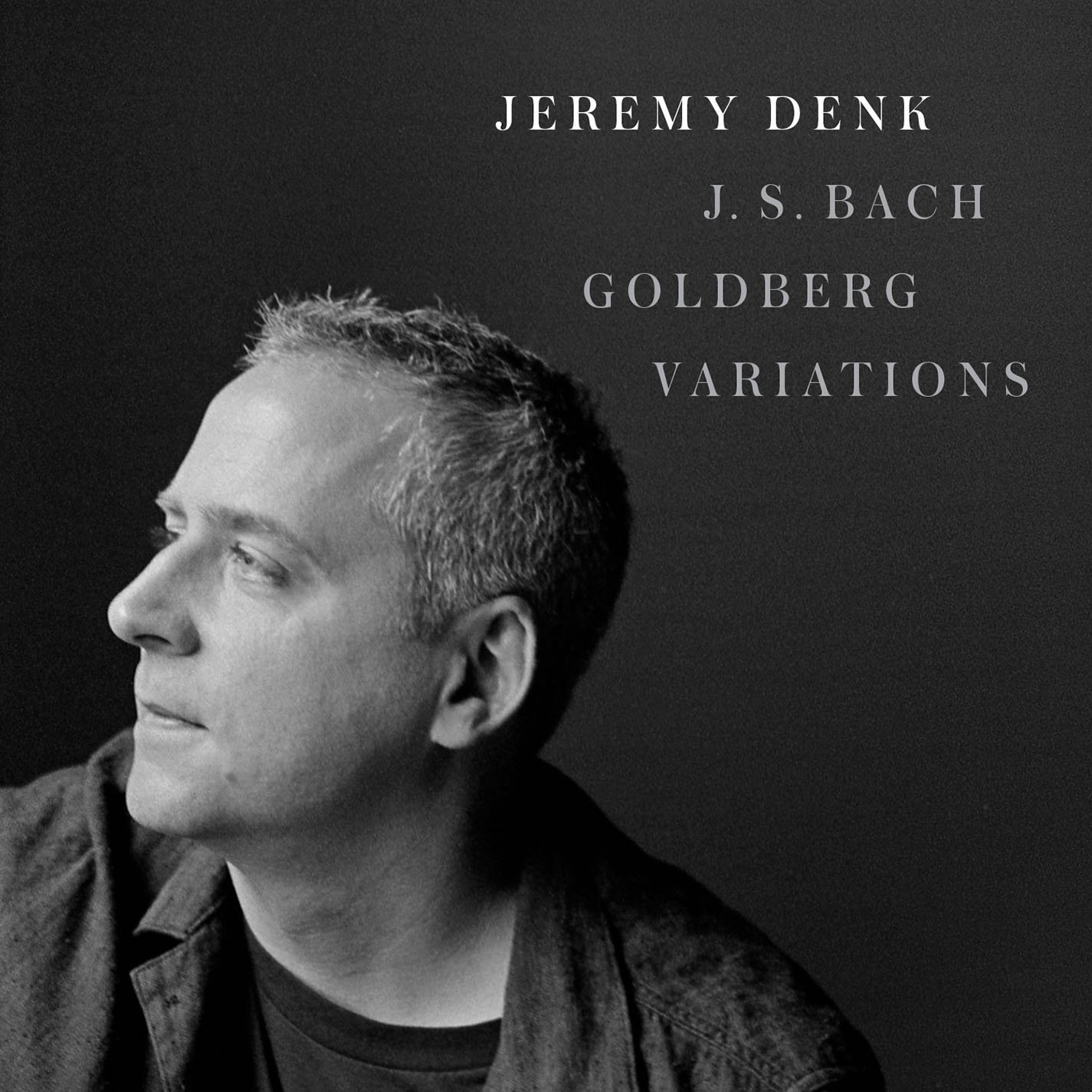 Bach: Goldberg Variations Jeremy Denk (piano) (Nonesuch)
Bach: Goldberg Variations Jeremy Denk (piano) (Nonesuch)